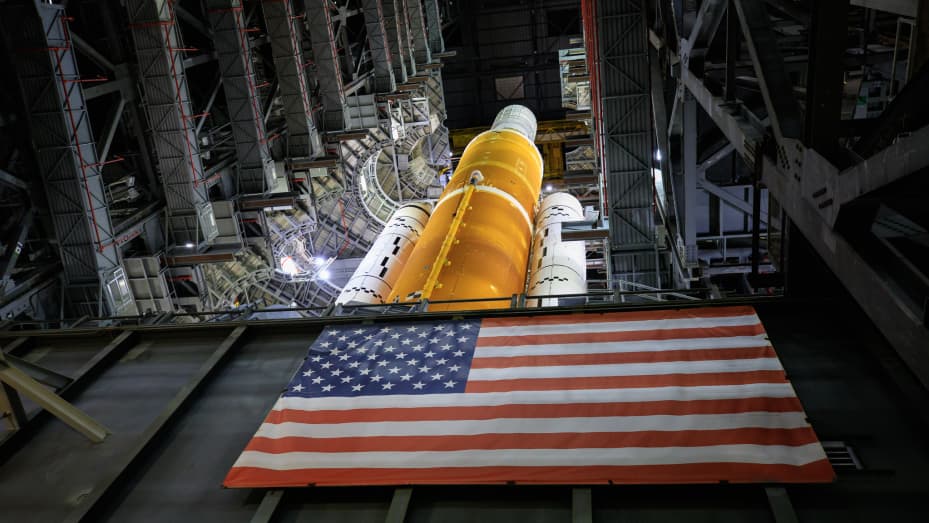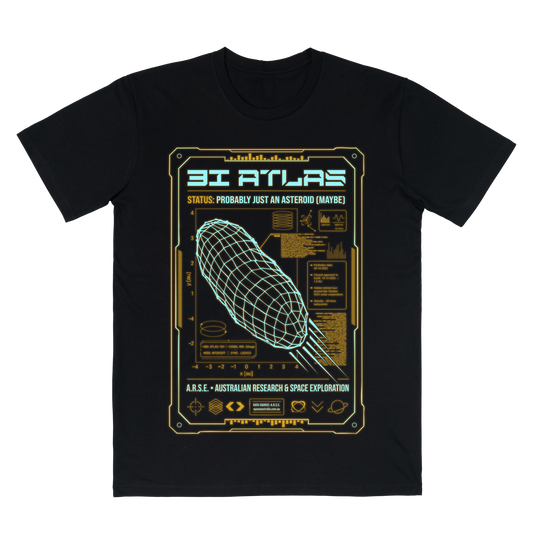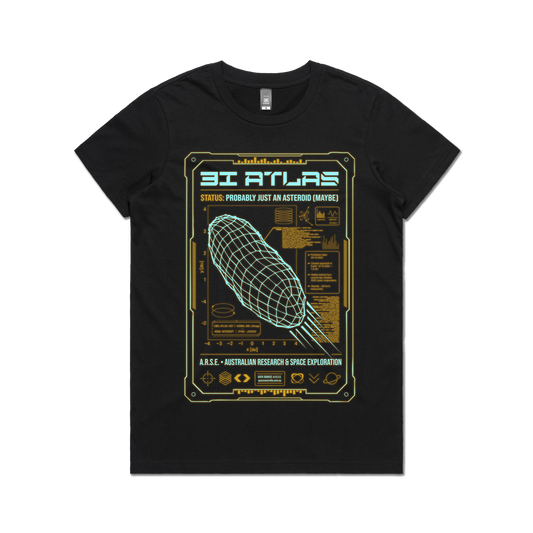
Boeing Faces Theft Lawsuit NASA's Artemis Moon Rocket Program
Share
A federal lawsuit has been filed against Boeing, the aerospace giant, accusing them of intellectual property (IP) theft, conspiracy, and misuse of critical components involved in assembling NASA's Artemis moon rocket. The complaint, filed in a Seattle federal court, alleges that Boeing's actions led to leaks on the International Space Station (ISS) and hydrogen leaks during NASA's Space Launch System (SLS) rocket launch attempts for the Artemis 1 mission.
Wilson Aerospace, a family-owned company based in Colorado, has been manufacturing tools and components for NASA missions for nearly three decades. They have provided services for notable projects like the Hubble Space Telescope, the ISS, space shuttle missions, Boeing's Dreamliner aircraft, and Russia's Mir space station. Wilson Aerospace had a contract with Boeing in 2014 to provide tools for installing engines to the SLS, which is a crucial component of NASA's Artemis program.

Wilson Aerospace claims that Boeing obtained proprietary information from them but then terminated their contracts. Subsequently, Boeing produced their own versions of Wilson's tools that were allegedly of inferior quality and performance. The lawsuit argues that Boeing's unauthorized replication of Wilson Aerospace's technology led to critical safety flaws in aerospace and aviation products, posing risks to astronauts, pilots, crew members, and passengers.
The complaint directly attributes fuel leaks and valve issues experienced during the SLS program to Boeing's alleged intellectual property theft. Wilson Aerospace states that the theft resulted in mismatched components and the use of inferior products for tightening fittings and valves. Despite these challenges, the Artemis 1 mission successfully launched in November 2022. However, the program has faced ongoing criticism for mismanagement.
Wilson Aerospace's complaint accuses Boeing of an "alarming pattern" of subterfuge and theft of competitors' IP. It cites instances where Boeing duplicated Wilson's flagship design, the Fluid Fitting Torque Device (FFTD), as far back as 2001. The lawsuit also mentions a $615 million settlement that Boeing reached to resolve allegations of stealing competitors' information for securing launch contracts.
A Boeing spokesperson responded to the lawsuit, stating that it contains inaccuracies and omits key information. They emphasized that Boeing will vigorously defend itself in court.
The lawsuit against Boeing highlights serious allegations of intellectual property theft, conspiracy, and safety concerns in NASA's Artemis moon rocket program. The legal proceedings will shed light on the claims made by Wilson Aerospace, while Boeing maintains its stance that the lawsuit is inaccurate. As the case unfolds, the outcome will have implications for the aerospace industry and the future of the Artemis program.
You’ve come this far…
Why not venture a little further into A.S.S. - our exclusive Australian Space Society.
And keep thrusting Australia into the deep unknown…
#Space_Aus




